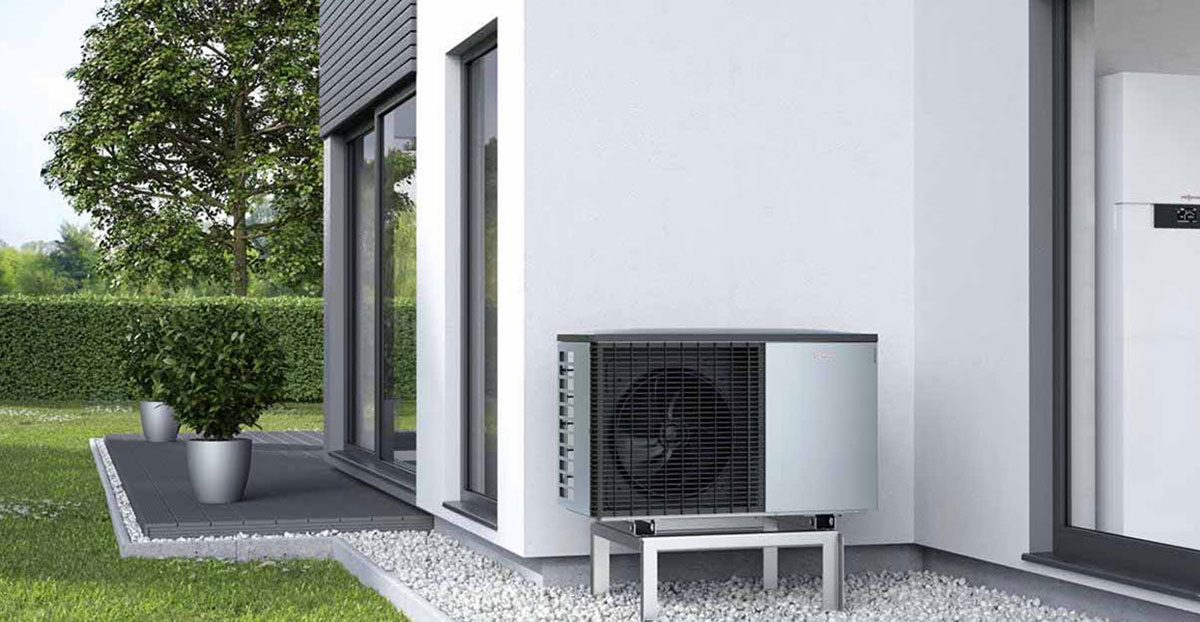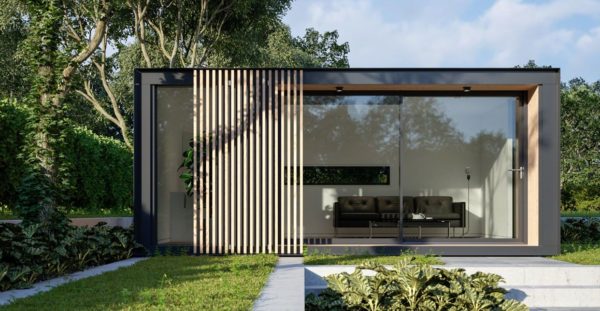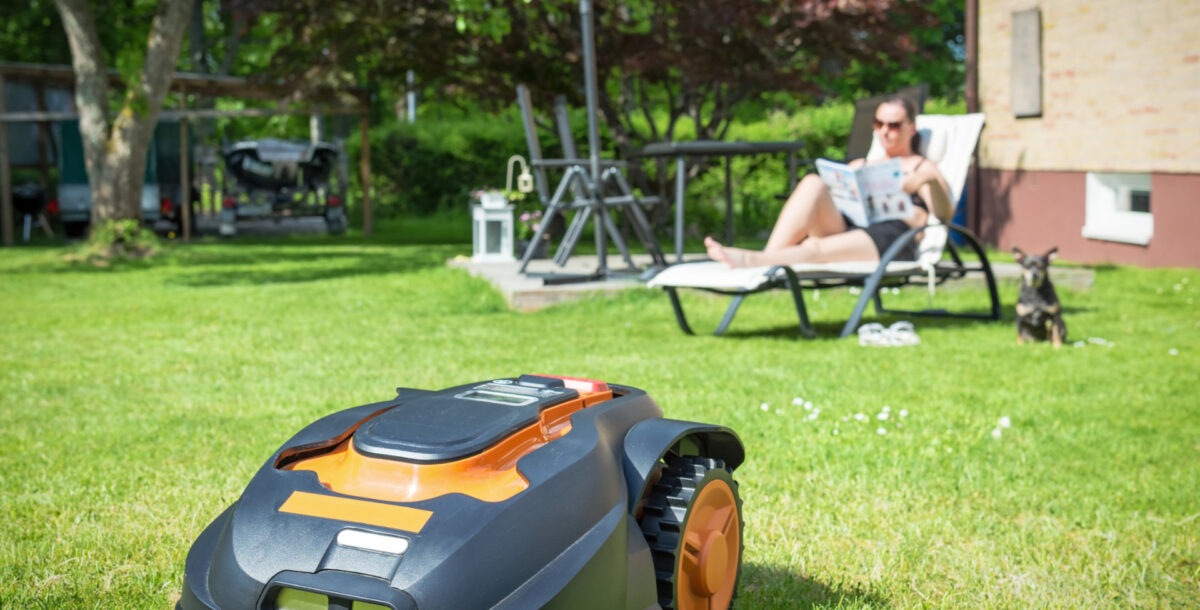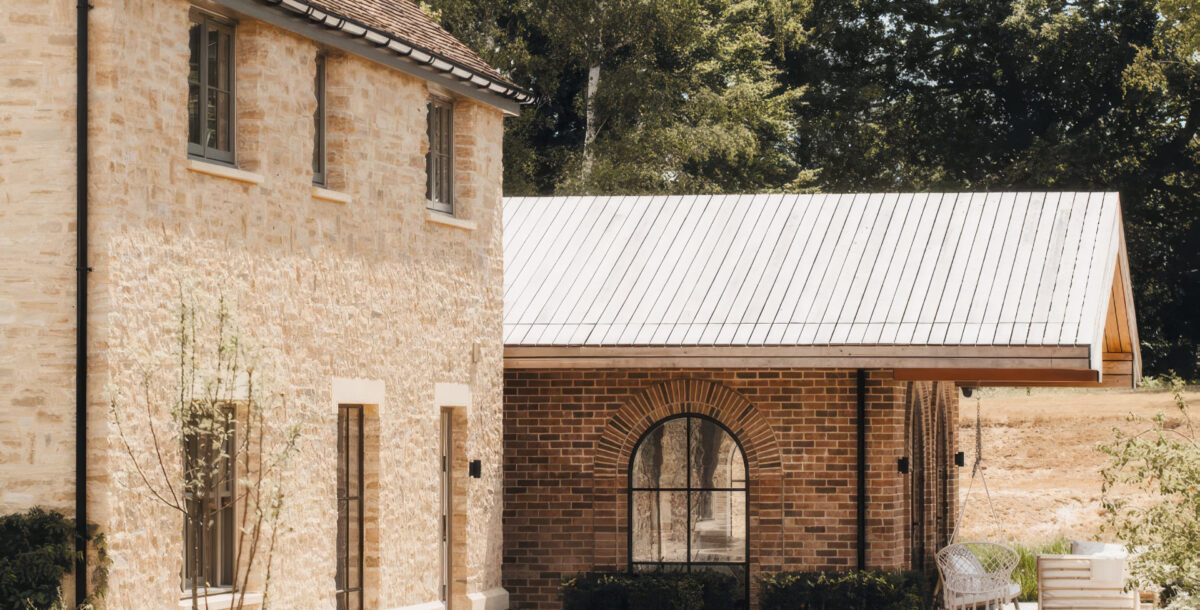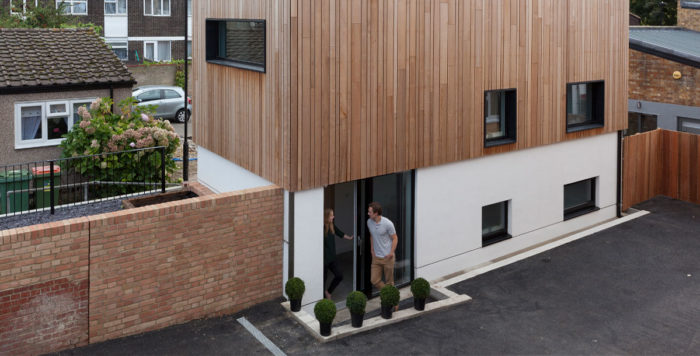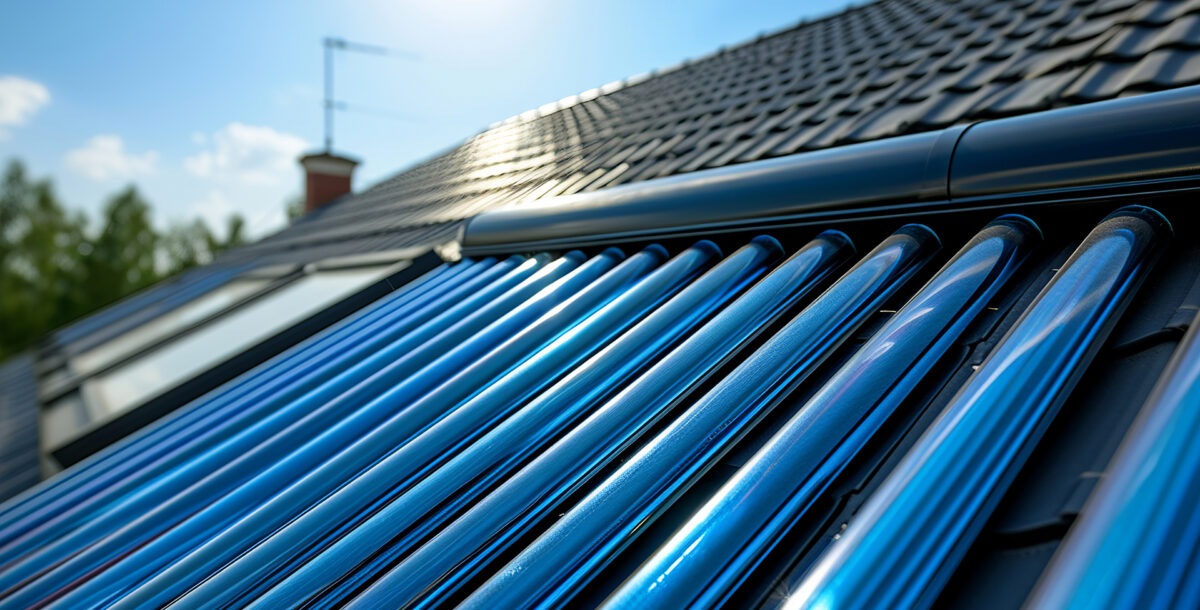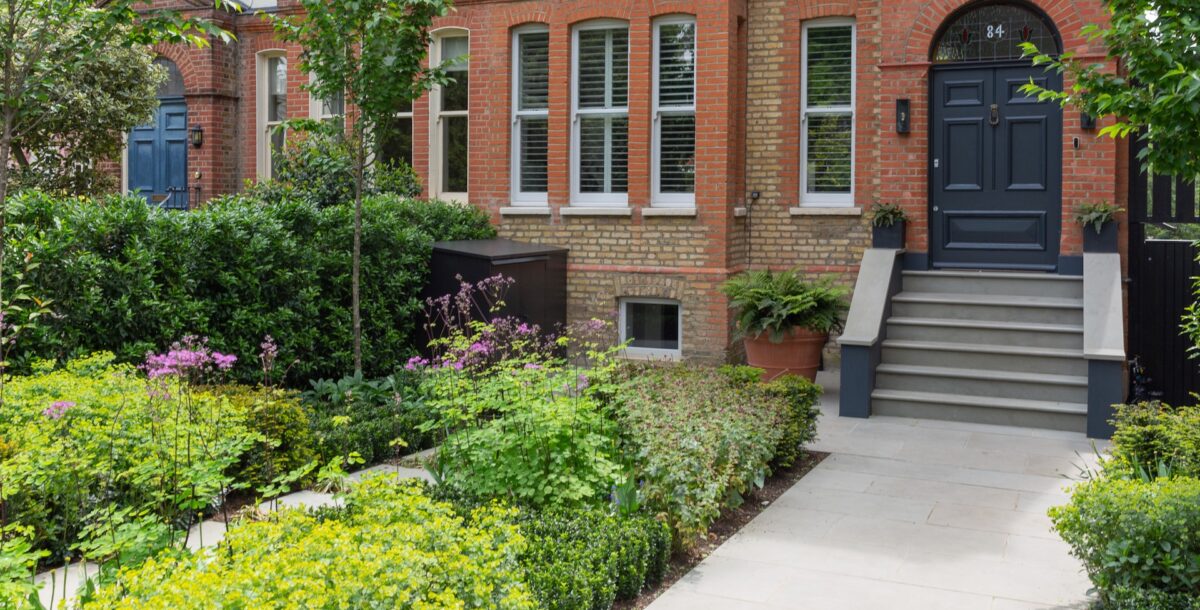How much does a heat pump cost to run? Heat pump vs gas boiler explained
Although electricity is more expensive than gas, heat pumps still come out well.
Heat pumps are revolutionary in terms of efficiency, delivering more heat output than the electricity input. Yet, they are still powered by electricity, and with the price per unit still high and considerably higher than that of a unit of gas, how much does a heat pump cost to run? And in the heat pump vs gas boiler equation, which one comes out cheaper?
Here, we’ll look at average running costs for air source heat pumps and ground source heat pumps, and compare them to the average gas boiler. It’s also worth noting that heat pumps aren’t just about efficiency, but reducing carbon: they’re a clean alternative that may be worth the investment if environmental concerns trump running costs for you.
A note on the price cap (1 April 2024 to 30 June 2024)
It used to be that you could sign up for cheaper deals if you locked yourself into a supplier for longer, you could get a better deal. However, with utility prices still at high levels, most of us are tied to the energy price cap, which is set by the regulator, Ofgem, to limit how much you have to pay per unit of gas and electricity, as well as the daily standing charge.
There are minor regional variations, so we’ve used the average prices for this feature, as published by Money Saving Expert, which currently stand at 6.04p per kWh of gas, and 24.5p per kWh of electricity, assuming that bills are paid by direct debit. Different tariffs are available, so the price you pay may differ from these figures, but using the current averages gives us a good comparison.
Just be aware that the price cap changes every three months. When we get the new figures, we’ll update this article to give the current view. However, the short version is that at the moment, ground-source heat pumps are likely to be cheaper than a gas boiler, and air-source heat pumps are only a little more expensive to run. Unless electricity prices rocket and gas drop massively in price, this statement is likely to remain true.
Heat pump efficiency
Before we get into the figures, it’s important to look at the efficiency of heat pumps. Efficiency measures how much of the source power is converted to output heat. With a modern gas boiler running in condensing mode, you can expect around a 90% efficiency rate, according to British Gas, which also estimates that 11,500kWh of gas is used for the average household.
At 90% efficiency, it means that for the average UK gas input, 10,350kWh is delivered as heat output, with the remainder lost as waste. However, according to the latest government research gas boilers have an average efficiency of between 75% and 85%. Taking an average of those figures, we get a gas boiler efficiency of just 80%. That means the average UK house has 9,200kWh of heat output per year for heating and hot water.
So, what about heat pumps? These devices absorb warmth, either from the air or captured from the ground, to heat your house and hot water. Effectively, they work like a fridge in reverse. Because they’re moving heat from one source to another, they’re highly efficient.
Efficiency varies based on the outside temperature, so heat pumps are best compared using the seasonal performance factor (SPF), which is the average Coefficient of Performance (COP) measured over the full heating system. The COP is the ratio of heat output in kWh to the input electricity in kWh. In the UK, the SPF of a typical air source heat pump is 2.8 (280% efficiency), which means that for each kWh of electricity used, 2.8kWh of heat output is achieved.
Ground source heat pumps are even more efficient, as ground temperatures fluctuate less over a year. There are no current UK figures, but the Fraunhofer Institute in Germany measured performance in 2018-2019, and found that ground source heat pumps were 410% efficient (SPF of 4.1). In other words, for each kWh of electricty consumed, heat output is 4.1kWh.
These figures are just averages. Heat pumps can be a lot more efficient if installed properly, tuned for the house and used properly with technologies such as weather compensation, which adjusts the flow temperature based on the outdoor temperatures. One home in Yorkshire found an average COP of 5.4 throughout December 2024, which is far higher than the official average. Likewise, with a properly configured gas boiler, the averages are likely to be higher.
That said, by comparing the official averages, we can get a good idea of the differences in running costs. Just be aware that in your home, your actual running costs can differ significantly.
Heat pump running costs explained
Assuming the worst-case scenario for a gas boiler, the average UK home needs 9,200kWh of heat ouput per year for hot water and gas. For a gas boiler, this needs 11,500kWh of gas per year. An air source heat pump needs just 3,286kWh of electricity for the same output, and the ground source heat pump needs just 2,244kWh of electricity annually.
Assuming the current price cap, the running costs are listed below.
Gas boiler
Gas required: 11,500kWh
Gas price: 6.04p per kWh
Annual running cost: £694.60
Air source heat pump
Electricity required: 3286kWh
Electricity: 24.5p per kWh
Annual running cost: £805
Ground source heat pump
Electricity required: 2244kWh
Electricity: 24.5p per kWh
Annual running cost: £549.75
As you can see, an air-source heat pump will cost £110.40 more a year to run than a gas boiler, but a ground-source heat pump will be around £144.84 cheaper to run. However, if an air-source heat pump is fine-tuned to a property and the SFP is increased to 3.1 (the average in Germany), then an air-source heat pump would only be £32.50 more expensive than a gas boiler per year.
No gas standing charges
The figures above don’t include the standing charges and just have the unit costs. That’s because we all have to pay standing charges, even if we turn everything off in our homes. However, without gas heating and by switching to electric cooking, such as using an induction hob, there’s no need for gas anymore, which means you don’t have to pay the two separate standing charges.
Currently, the average electricity standing charge, according to Money Saving Expert, is 60.1p per day, which is £21937 a year. Gas has an average standing charge of 34.1p per day, which works out to £124.47 per year. If you don’t have gas, you’ll save this much per year. Even including the cost of electric hobs, not paying the gas standing charge will reduce bills further and will see most homes save cash with a heat pump compared to running a gas boiler.
Improved efficiency, solar and smart tariffs
All the information above is based on averages, but the real picture can be even more different. First, heat pump technology is improving, and installers are gaining experience in sizing systems correctly for properties, as well as matching the correct radiators and underfloor heating systems. In Germany, for example, the average air source heat pump efficiency stands at 310%. Things will improve in the UK, increasing the efficiency of heat pumps and reducing costs further.
Our prices are also based on the current energy cap. If you have solar panels, then the cost of electricity will be reduced, so your heating and hot water costs will also go down. Then, there are smart tariffs, which can offer cheaper rates at certain times during the day. Using cheaper electricity can reduce running costs directly at those times; those with battery storage can store cheap energy and use it later in the day.
Installation costs
A new gas boiler is likely to be cheaper to install than a heat pump, but that’s only part of the story. Thanks to the Boiler Upgrade Scheme, you can now get £7,500 towards installation costs of a heat pump, as the government helps push households towards eco-friendly heating solutions. With this amount of cash, an air-source could heat pump could be installed with either no outlay or only a small contribution, depending on the size and complexity of the installation; a ground-source heat pump will cost more to install, but £7,500 goes a long way towards paying for it. There are some requirements before you can apply for the grant, including an up-to-date EPC and sufficient insulation, but even so, for many households upgrading to a heat pump should be very cost effective.

